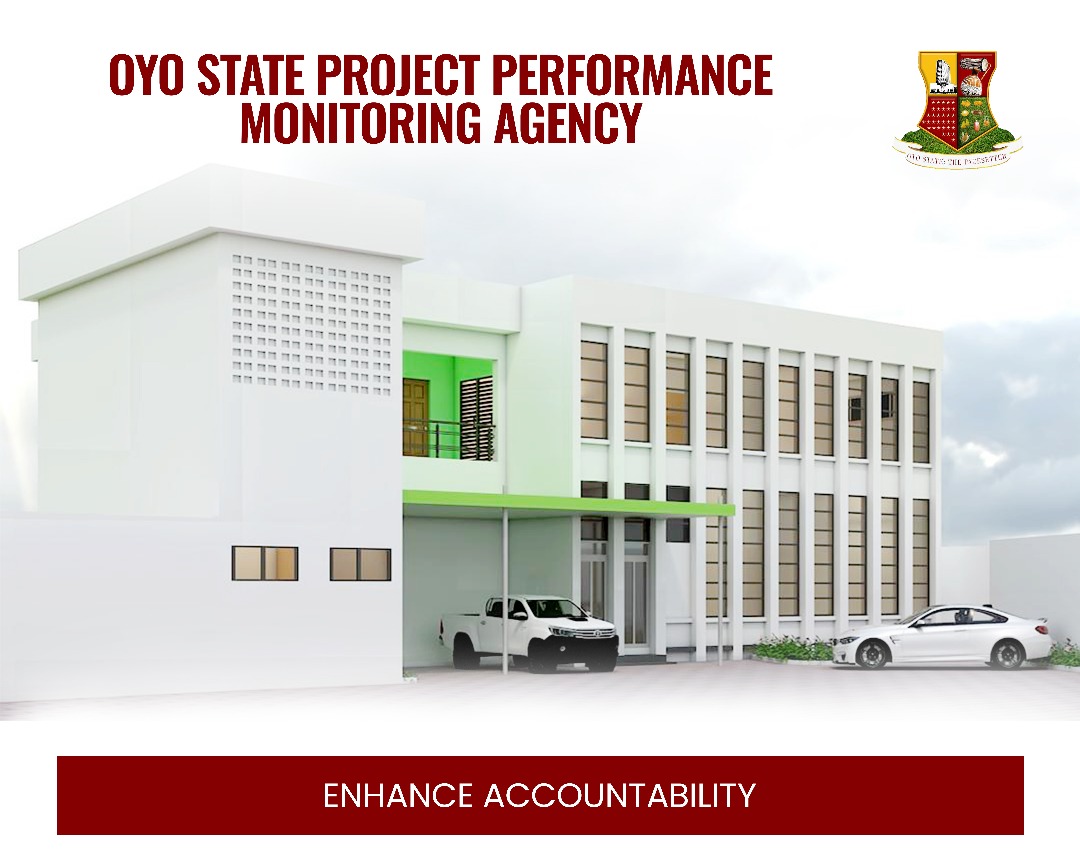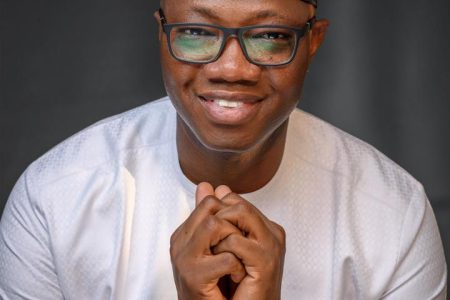I am heartened to see that many of us share a common desire to nurture our democracy and push for just and egalitarian society.
The thumbs up and thoughtful comments from last week edition, have not only validated my thoughts but also underscored the collective yearning for a Nigeria that works for all.


In this edition, I invite you to join me on exploration of the progressive momentum of democracy, a system that is increasingly championed as the panacea for Africa’s myriad challenges.
Democracy, in its essence, is a philosophical construct that elevates the human spirit and acknowledges our inherent worth and dignity. By vesting power in the people, democracy creates a space for the articulation of diverse perspectives, the negotiation of differences, and the pursuit of a common good.
This governance model has been acknoledged for its capacity to foster economic growth, promote social justice, and ensure accountability.
Yet, I think the question remains; can democracy truly deliver on its promises in Africa, a continent beset by complex historical, cultural, and socio-economic realities?
Let me know what you think, but, I argue that it can, and that is only if we embrace the principles of democratic governance and cultivate a culture of active citizenship.
This concept inevitably draw me to consider the ancient Athenian experiment, where citizens gathered on the Pnyx Hill to deliberate on matters of state.
This archetype of civic engagement speaks to the idea that citizenship is not merely a legal status but a dynamic process of participation, deliberation, and collective action. In this sense, citizenship should not be seen as a spectator sport, rather, a contact sport that requires our consistent, genuine, patriotic and active involvement.
But what does it mean to be an active citizen in contemporary Nigeria?
In our context, building synergy and active participation around our citizenship would translate to a willingness to actually engage with the democratic process, to participate in the public sphere, and to hold leaders responsibly accountable. It means being informed, critical, and constructive in our views and interactions with governance. On a greater scale, I strongly argue that this can indeed manifest as a groundswell of civic engagement, where citizens from diverse backgrounds coalesce around a shared vision of a better Nigeria, our respective states, – in my case, Oyo State. This, I believe, is the beauty of democracy, – the ability to channel our collective energy towards the creation of a more just, equitable, and prosperous society.
I acknowledge that some of us may harbour fears about actively participating in governance, we possibly have fears on retribution, apathy, or disillusionment. That some previous efforts in this line has been fruitless. Yet, I urge us to consider the alternative – a nation adrift, where the few (not held accountable) dictate the fate of the many. We must recognise that our individual and collective well-being is inextricably linked to the health and survival of our democracy. When we choose to embrace consistency in the context of citizens, we can create a nation that works for all, where every voice is heard, and every contribution valued.
The efficacy of active citizenship has been demonstrated in various parts of the world. We have seen what happened with the civil rights movement in the United States and even the anti-apartheid struggle in South Africa, where Nigeria also paid and supported the genuine struggle for freedom. Closer home, we have seen glimpses of active citizenship in various movement to demand justice and hold government accountable from grassroots to the national level. These examples illustrate that active citizenship can be a powerful catalyst for change, even in the face of entrenched power structures.
I firmly believe that active citizenship begins with the choices we make at the ballot box. We must be conscious of the leaders we elect and the values they represent. We should hold true to the ideals, ideological standings that guides our choices and how we make them. We desire leaders who engage with us directly, who listen to our concerns, and who prioritise our well-being through their decisions, every step of the way, – even when there are missteps, they retrace and retake such step. As someone who has committed time and intellectual resources to supporting leaders who embody these qualities and has shown commitment on these grounds, I invite you too, to activate yourselves in various endeavours that define the activeness of being a citizen.
Before we connect again for another episode next week, I must admit that the resilience and determination of the Nigerian people hitches me in a different way. I have seen it in the eyes of young people, who despite the odds, remain hopeful and committed to creating a better future. I have seen it in the struggles of our daily lives, where we find ways to thrive despite the challenges. Let us not be discouraged; let us continue to support leaders with constructive criticism and best wishes, – let us continue to participate. Together, we can create a Nigeria and a society that truly works for all – a nation that is just, equitable, and prosperous.
See you next week, but let me know your thoughts before then.
Amofin Beulah Adeoye
Friday, September 20, 2024
